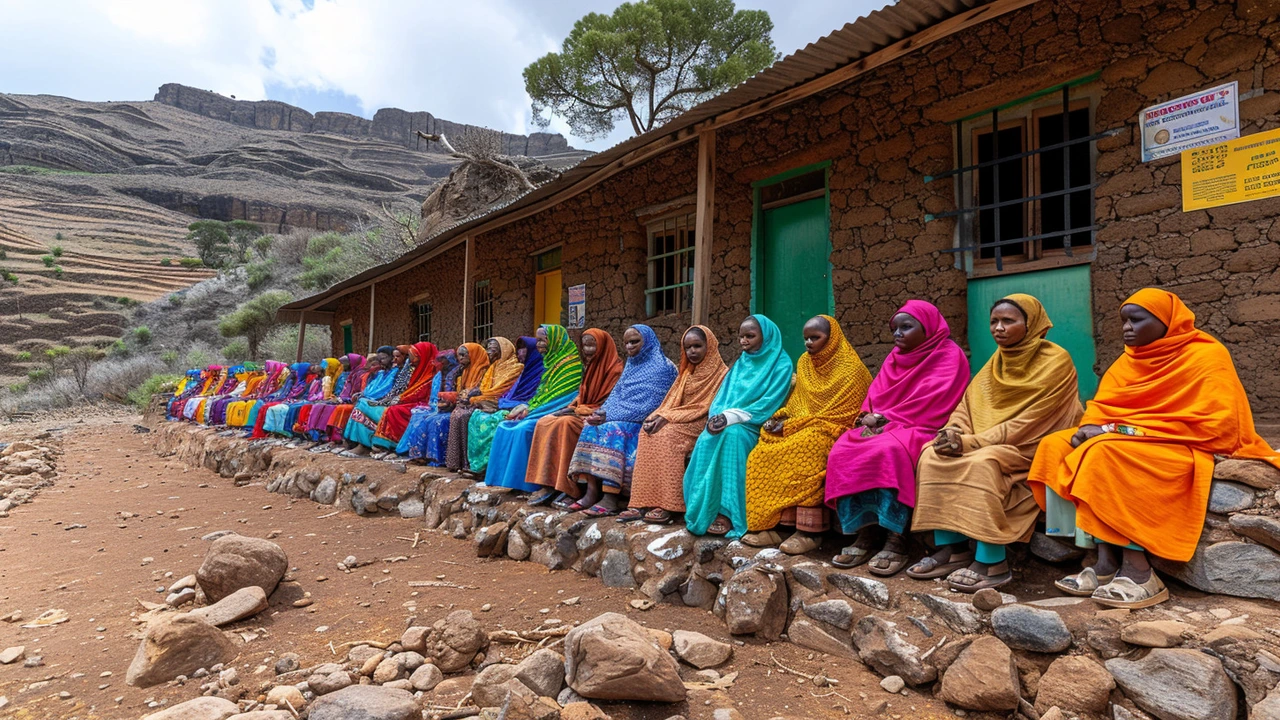Free Healthcare in Ethiopia: Simple Answers for Daily Life
Free healthcare in Ethiopia sounds great, right? But it’s a bit more complex than just walking into a hospital and getting any service for free. The public health system does offer subsidized or partially free services, especially for basic care and vulnerable groups like pregnant women and children. Yet, figuring out where to go and what’s actually free can be a headache if you’re not prepared.
The Ethiopian government puts a lot of focus on public health. At the community level, health posts and centers offer services like vaccinations, family planning, and some disease treatments at no cost. For example, immunization for kids is free in almost every town. There’s also targeted help for issues like malaria or tuberculosis. If you live in a rural area, these centers might be your first stop for anything health-related.
When it gets more complicated—like needing surgery or specialist care—things aren’t always free. Government hospitals charge for most treatments, but the prices are far lower than in private clinics. Emergency care and childbirth are heavily subsidized, especially in big public facilities. Still, families sometimes have to pay for medicines or more advanced procedures, so it’s not a blank check.
One thing you will notice quickly is that the quality and availability of care depends a lot on where you are. Cities like Addis Ababa have bigger hospitals and better-equipped clinics, but they’re also busier. In smaller towns, you might find fewer doctors and longer waits. That’s why many Ethiopians still depend on community health workers—locals trained to handle minor issues and recognized by most villages.
Are health services actually free for everyone? Not entirely. If you’re unemployed, elderly, or part of a vulnerable group, you’ll find more support. Some rural communities don’t charge for essential drugs or check-ups for those in need, but for most working-age adults, there’s usually some sort of fee for anything beyond basic care.
If you’re considering moving to Ethiopia or you’re already living there, public clinics are your go-to for budget-friendly medical help. You get the basics covered, and you’re rarely turned away for money reasons. For more advanced or urgent care, private clinics are faster but not free, so most people only use them when really necessary.
On the jobs side, working in healthcare is a strong option in Ethiopia. There’s steady demand for nurses, midwives, and pharmacists, since the government continues to expand basic health services. Salaries aren’t sky-high, but these jobs offer security and respect in the community. Plus, the push for universal care is opening opportunities for new roles like community health educators.
So, if you’re navigating healthcare in Ethiopia, stick with public centers for everyday needs and budget for extras if you want private or advanced services. The system isn’t perfect, but it covers a lot more than you’d expect and keeps growing every year. Knowing your options can make all the difference when you or your family need care in a pinch.





